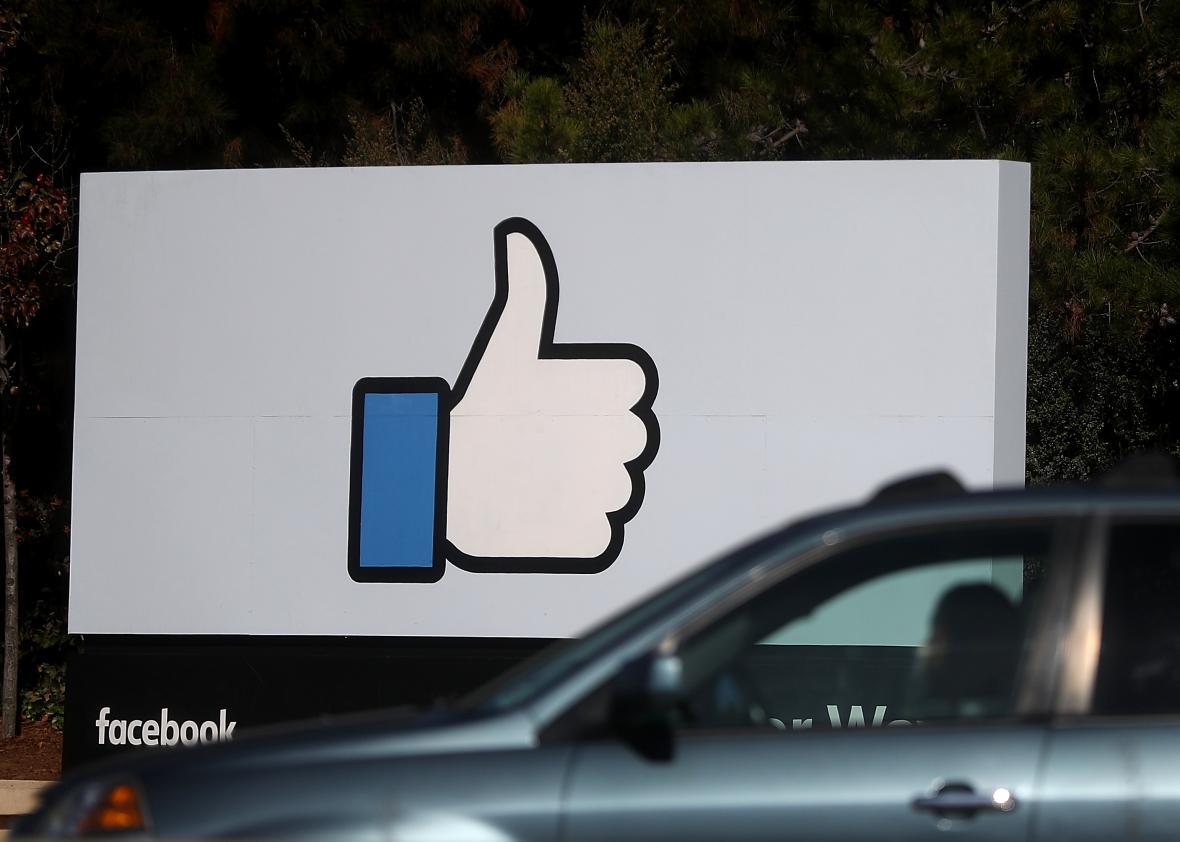Facebook is offering an olive branch for those left shaken by the recent revelations that the company was swarming with Russian operatives spreading anti-immigrant, pro-Trump commentary leading up to, and even after, the 2016 election. Now you can go to the social network’s help center, where Facebook is showing users whether they liked or followed a known Kremlin-backed account. While the tool isn’t complete—it only covers one known troll group and won’t tell you if you saw this content without liking or following it—it is users’ first real opportunity to date to reckon with how they personally may have interacted with the Russian disinformation campaign.
In September, Facebook identified roughly 470 accounts as being linked to the Internet Research Agency, a St. Petersburg–based troll group affiliated with the Kremlin that worked to inflame political unrest online by creating thousands of fraudulent accounts and content across Facebook, Instagram, Twitter, Google, and Tumblr. (In at least one incident, it even looped in Pokémon Go!) Facebook later admitted that roughly 126 million users saw content from the Internet Research Agency, before joining Twitter and Google at three congressional hearings where executives from companies answered questions from unhappy lawmakers. From those hearings came a demand for Facebook to reveal to users how they were impacted.
The new tool also searches Instagram to see if you liked or followed any uncovered Russian propaganda accounts on there, too. Facebook, which owns Instagram, told Congress earlier this year that it had expunged more than 170 accounts on the photo-sharing app that posted photos reaching some 16 million people between October and Election Day last year.
Facebook announced toward the end of November that it would roll out the new transparency tool, which spans interaction with known Russian government–backed accounts that posted between January 2015 and August 2017. The move was likely in response to pressure from Congress. In November, after the hearings, Sen. Richard Blumenthal, a Democrat from Connecticut, sent a letter to Facebook asking the company to give notice to users about exactly how their time on Facebook was undermined by the Russian troll campaign.
The posts, memes, events, and ads made by Russian agents for Facebook were nothing short of surreal, and targeted some of American’s culture fissures from both sides. Some accounts, like Blacktivist and BlackMattersUs, appeared to be in support of the Black Lives Matter movement. Another puppet Russia account, Secured Borders, railed against the “stupid PC idea to forbid people from saying ‘Merry Christmas.’ ” Others were aimed at veterans and people in the military. Some supported Jill Stein and Bernie Sanders.
If you want to see if you engaged with any content from Russian operatives on Facebook or Instagram, click the question mark icon in the top right corner of Facebook when logged on. (It only works on desktop.) Type in “Russia” and click on the first question: “What’s is our action plan against foreign interference?” The answer will lead you to an explanation that invites you to “check to see if you liked or followed a Facebook Page or Instagram account created by the Internet Research Agency - the organization associated with these accounts and Pages.” Or you can just click on this link.
